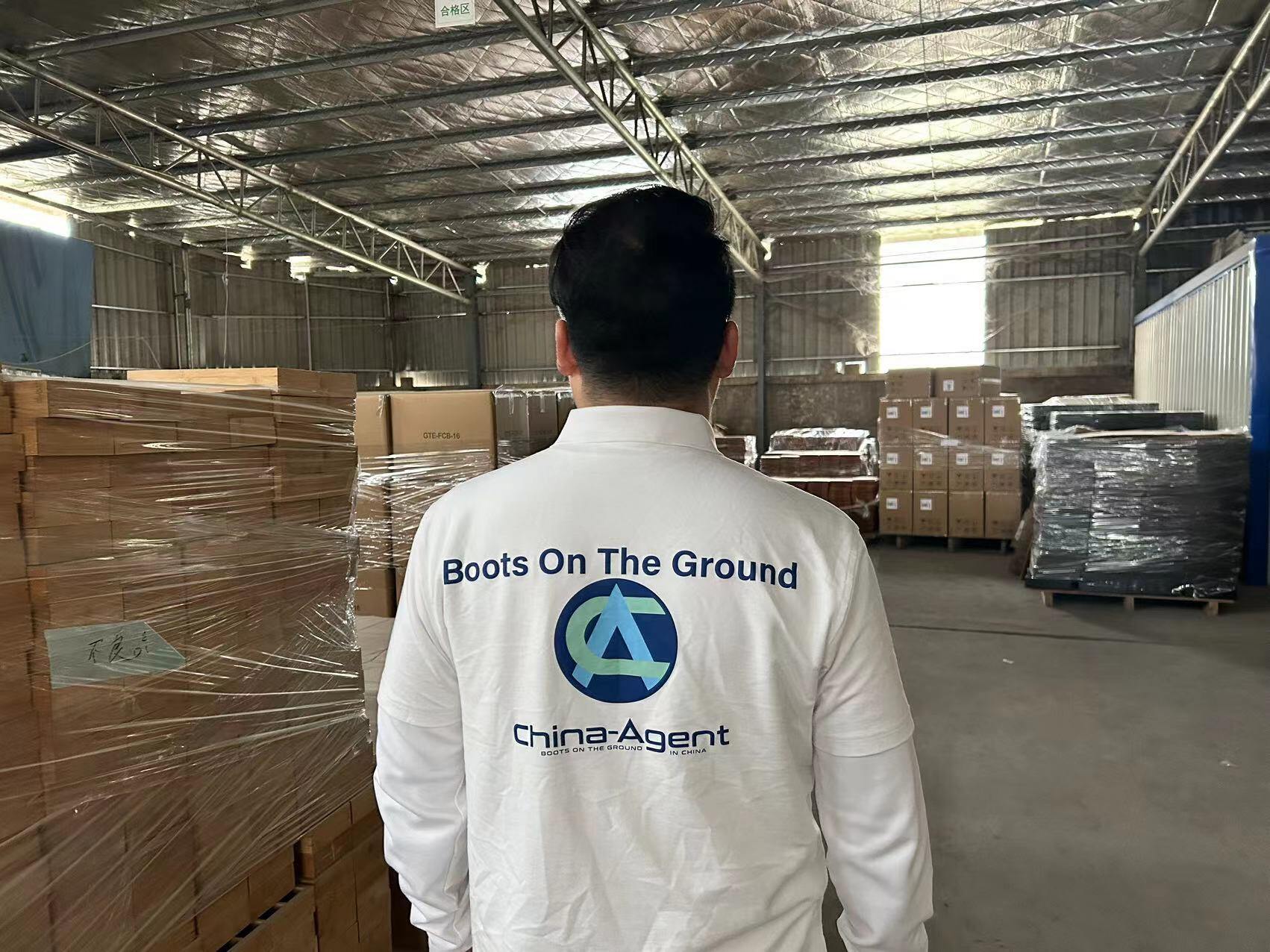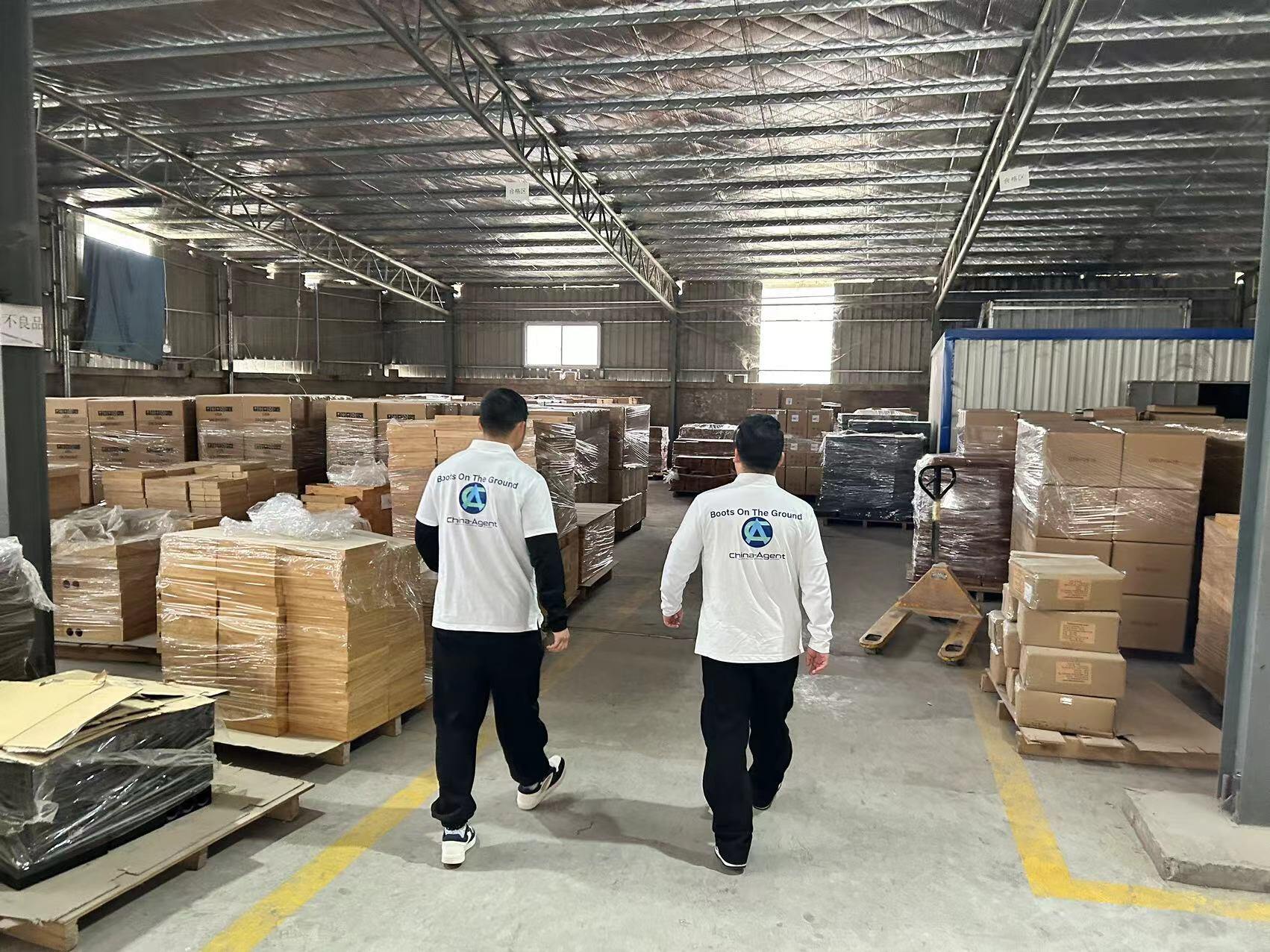Why China’s Local Governments Are Cracking Down on Taxes
As China grapples with economic slowdowns and a real estate crisis, local governments are facing significant financial pressure. To mitigate revenue losses and stabilize their budgets, these governments have intensified their crackdown on tax-related offenses. This article delves into the reasons behind this crackdown, its implications for businesses, and how China Agent Ltd can help navigate these challenges.
Background: The Evolution of Tax Collection in China
China, being a vast country, has historically had loose control over tax collection, with many businesses operating under the table and evading taxes. The government found ways to collect taxes by targeting bottlenecks such as toll gates on highways, gas, real estate, and staple commodities like rice, while largely leaving small and medium enterprises (SMEs) alone. Up until 2015, many companies in the manufacturing sector used offshore entities like those in Hong Kong to receive USD payments. In response, China started cracking down on this practice and offered a 13% tax rebate on foreign currency earnings to entities with export licenses. Despite these efforts, a significant amount of cash remains unreported, especially from online sellers, trading companies, and crypto activities (S&P Global) .
Given the economic challenges post-COVID, the real estate crisis, youth unemployment, and global tensions, local governments are increasingly eyeing unpaid revenues to shore up their finances.
The Financial Strain on Local Governments
1. Economic Slowdown: China's economy has been slowing down due to various factors, including the lingering effects of the COVID-19 pandemic and a struggling real estate market. These economic challenges have reduced local government revenues, particularly from land sales, which have traditionally been a significant source of income (S&P Global).
2. Rising Local Government Debt: Local government debt has surged over the years, with debt levels reaching approximately 40.74 trillion yuan by the end of 2023. This debt includes both official and hidden liabilities, primarily from Local Government Financing Vehicles (LGFVs) used to fund infrastructure projects (S&P Global).
3. Regulatory Pressures: The central government is pushing for greater fiscal discipline and transparency, increasing regulatory scrutiny on local governments. This includes efforts to curb unregulated financial products and ensure that local governments adhere to tax laws and regulations (S&P Global).
The Crackdown on Tax Offenses
1. Shutting Down Local Asset Exchanges: Local asset exchanges, which have often operated with minimal oversight, are being shut down to prevent financial risks and tax evasion. These exchanges have been used to mask financial transactions and avoid taxes, contributing to the financial strain on local governments (S&P Global).
2. Tightening Financial Regulations: Local governments are implementing stricter financial regulations to increase tax compliance and reduce off-budget financing. This includes closer monitoring of financial transactions and more rigorous enforcement of tax laws (S&P Global).
3. Enhancing Revenue Collection: To boost revenue, local governments are cracking down on tax evasion and improving tax collection mechanisms. This includes targeting businesses and individuals who underreport income or use illegal means to avoid taxes (S&P Global).
Implications for Businesses
1. Increased Compliance Costs: Businesses may face higher compliance costs as local governments tighten tax regulations and enforcement. Companies need to invest in better accounting practices and ensure their financial transactions are transparent and compliant with local laws.
2. Risk of Penalties: Non-compliance with tax regulations can result in significant penalties, including fines and legal action. Businesses must stay informed about regulatory changes and ensure they adhere to all tax requirements to avoid these risks.
3. Impact on Cash Flow: The crackdown on tax offenses can affect cash flow for businesses, particularly those that previously relied on unregulated financial practices. Companies may need to adjust their financial strategies to accommodate increased tax liabilities and ensure smooth operations.
4. Supplier Risks: Chinese suppliers are often cash flow sensitive, especially trading companies masquerading as factories. Any instability means they may increase prices, engage in last-minute blackmail, or compromise on quality to maintain their cash flow. This could involve using low-quality materials, fake certifications, or even running away with deposits.
Our Advocacy and Services
At China Agent Ltd, we have always emphasized the importance of strict contracting, supply chain mapping, and diversification to mitigate risks. The recent government initiatives to regulate tax payment and invoicing align with our commitment to transparency and compliance. However, we recognize that these changes can increase costs and risks for businesses.
1. Financial and Regulatory Guidance: We provide comprehensive guidance on navigating the changing regulatory landscape. Our experts help you understand the implications of new tax regulations and ensure your business practices are compliant.
2. Supply Chain Mapping and Diversification: We assist in mapping your supply chain and identifying alternative suppliers to reduce dependency on a single source. This diversification strategy helps mitigate risks associated with regulatory changes and financial pressures on local governments.
3. Strict Contracting and Legal Support: Our team ensures that your contracts are robust and protect your interests. We help you navigate legal complexities and ensure compliance with local laws to avoid penalties and disruptions.
4. Cost Management Strategies: We work with you to develop cost management strategies that accommodate increased tax liabilities. Our goal is to help you maintain financial stability and operational efficiency in the face of regulatory changes.
Conclusion
The crackdown on tax offenses by China’s local governments is a response to significant financial pressures and a push for greater fiscal discipline. While these initiatives are necessary for long-term stability, they present challenges for businesses operating in China. At China Agent Ltd, we are committed to helping you navigate these complexities and ensure your business remains compliant and resilient.




